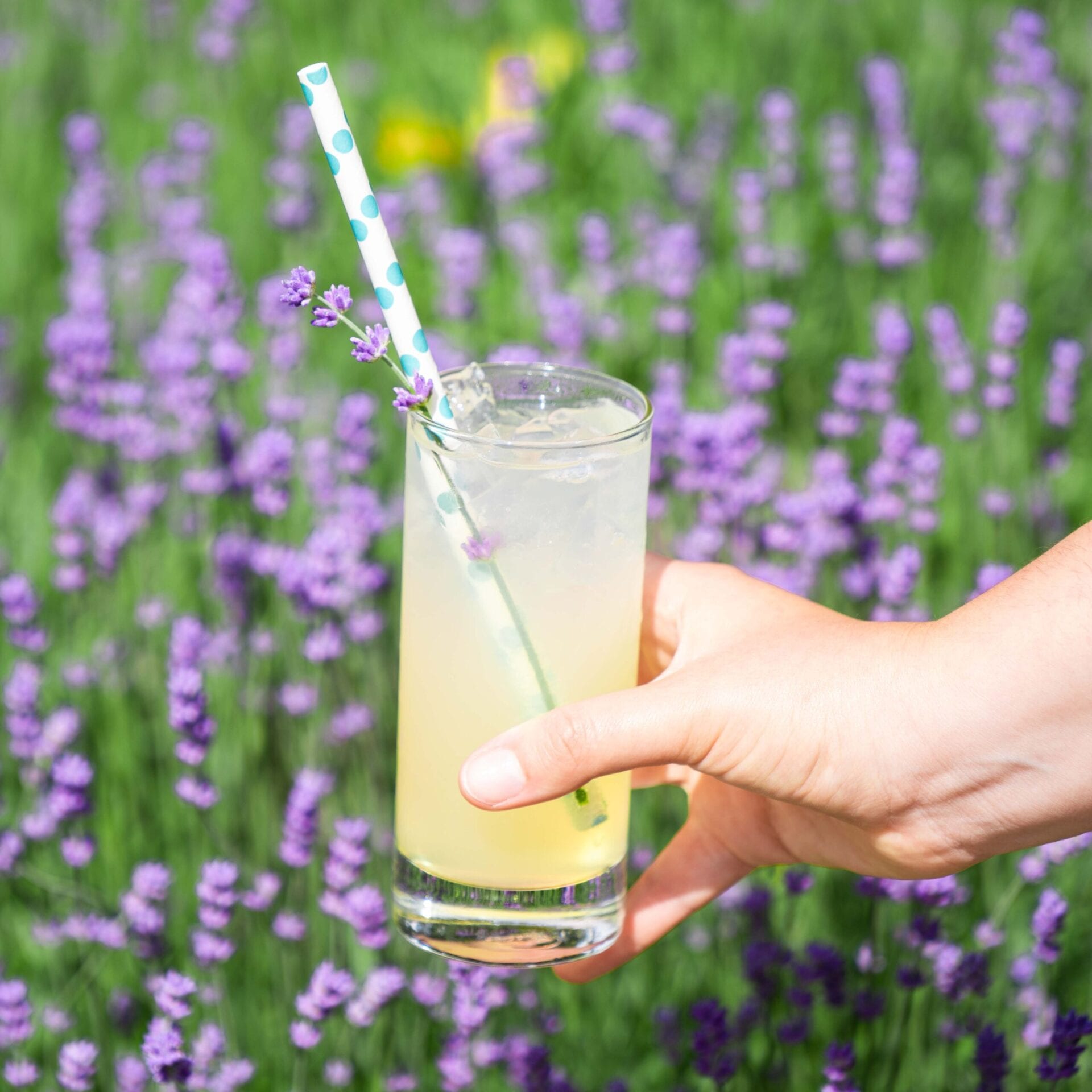What tastes more like spring than fresh flowers? With so many fragrant blooms bursting this spring, it’s the perfect time to capture their perfumed flavours by turning the blossoms into a tasty syrup. Flower syrups add a hint of flavour to all kinds of dishes, and can be made with edible species such as roses, hibiscus, lavender, and chamomile.
Here in Naramata, elderflower blossoms are having a moment. Doesn’t a home-made Elderflower Blossom Gin Fizz feel like just the thing? Or maybe vanilla ice cream or cake topped with Elderflower Blossom Syrup. At Naramata Inn, Chef Ned and our team are inspired by eating great ingredients, sourced locally. This simple recipe will have you enjoying and sharing a “taste of your place,” as local as your own garden or backyard.
Yield: 1 1/3 cups of syrup
Ingredients:
-
1 cup of elderflower blossoms (or your choice of edible flowers)
-
1 cup water
-
1 cup granulated sugar
Method:
-
Snip blossoms loose from the stem, and discard the rest. (If you’re using a larger flower, just use the petals.) Gently wash under cool water and set aside.
-
Combine water and sugar in a medium saucepan and heat to a simmer, stirring until sugar dissolves. Continue stirring over heat until the liquid is thick, lightly-coloured and bubbling around the edges.
-
Remove from the heat, sprinkle flowers directly into the simple syrup, and leave to steep for a minimum of 30 minutes (and up to 24 hours). This is an ideal time to add other ingredients like vanilla, cinnamon, rosemary, cardamom, or citrus zest. Lemon is traditionally used with elderflowers.
-
Remove from heat, strain and allow mixture to cool. Syrup can be stored in an airtight glass jar in the fridge for a couple of weeks.
Serving Suggestions:
-
Create a signature cocktail – such as an Elderflower Blossom Gin Fizz
-
Add to lemonade, iced tea, sparkling water or sparkling wine
-
Flavour whipped cream, ice cream, or drizzle over a syrup cake
Blossom Safety Tips:
-
Make sure the flower you’re using is edible for humans, and that no pesticides have been used on them.
-
Use only fresh flowers in good condition, with no signs of wilting, browning or disease.

